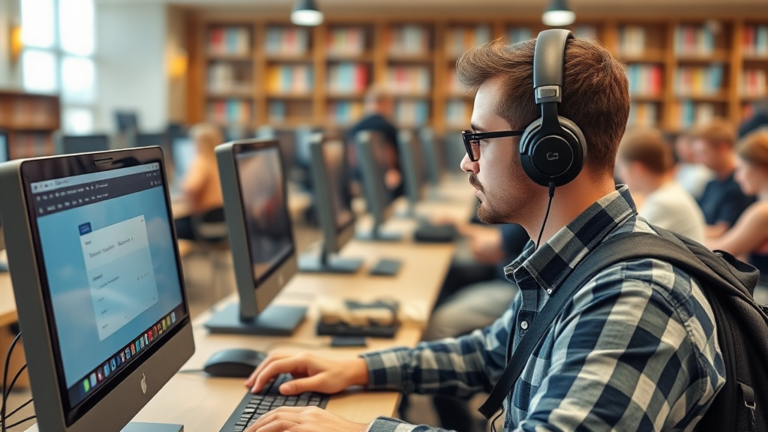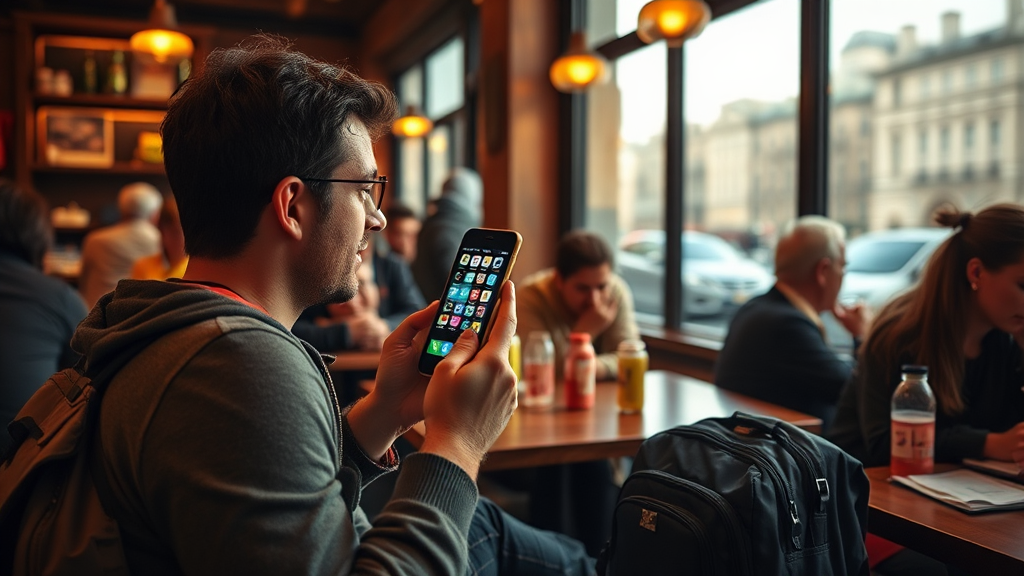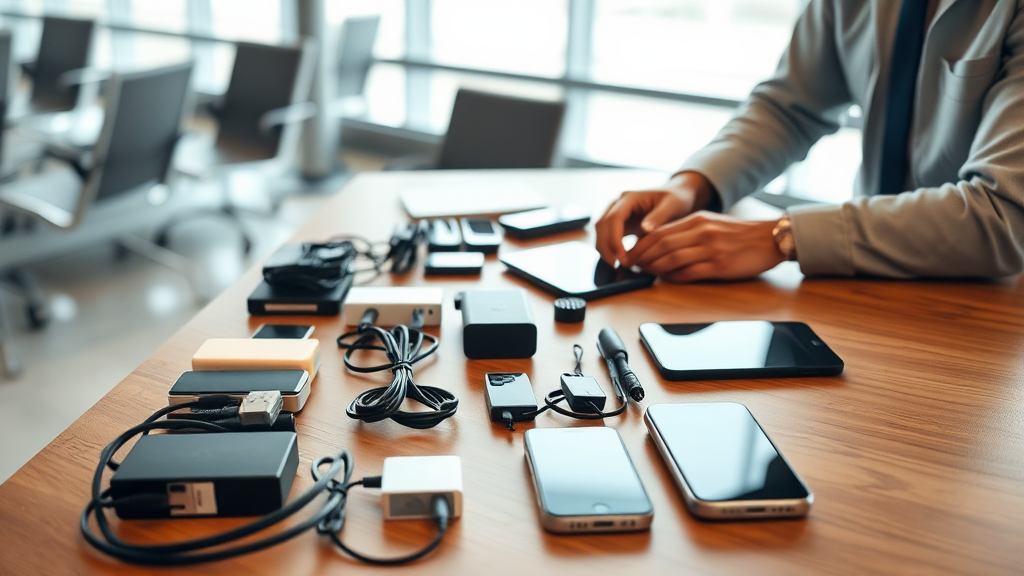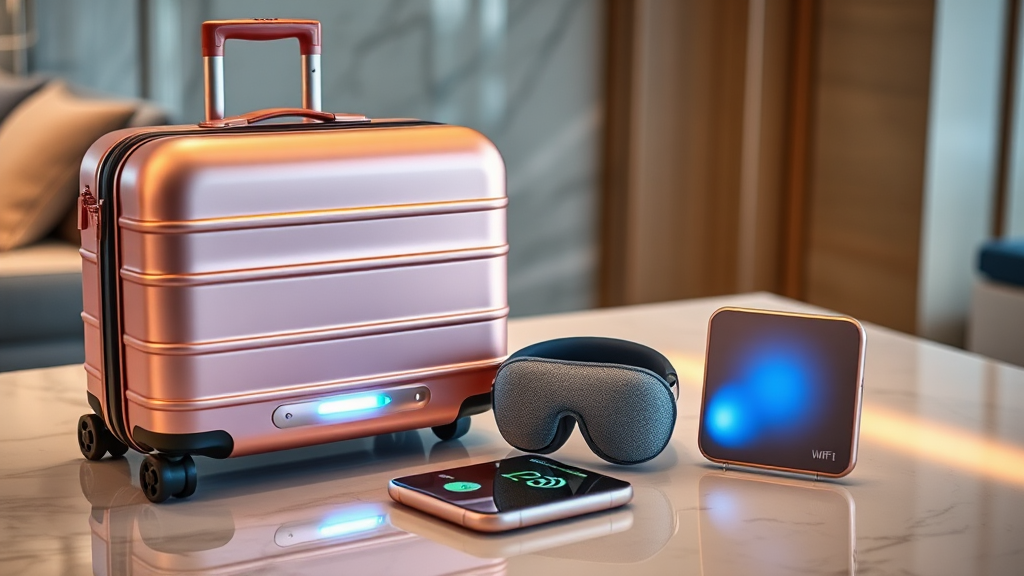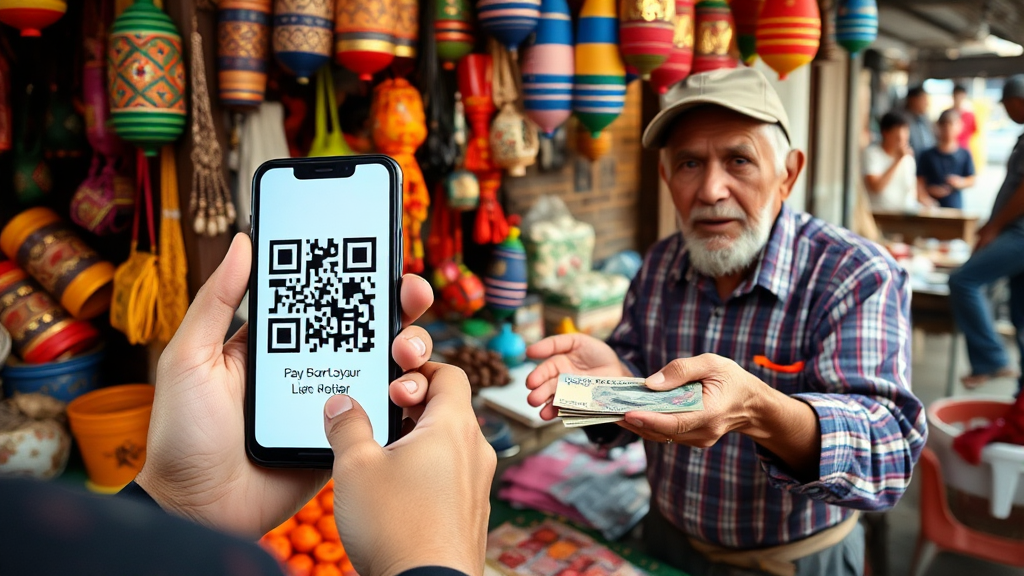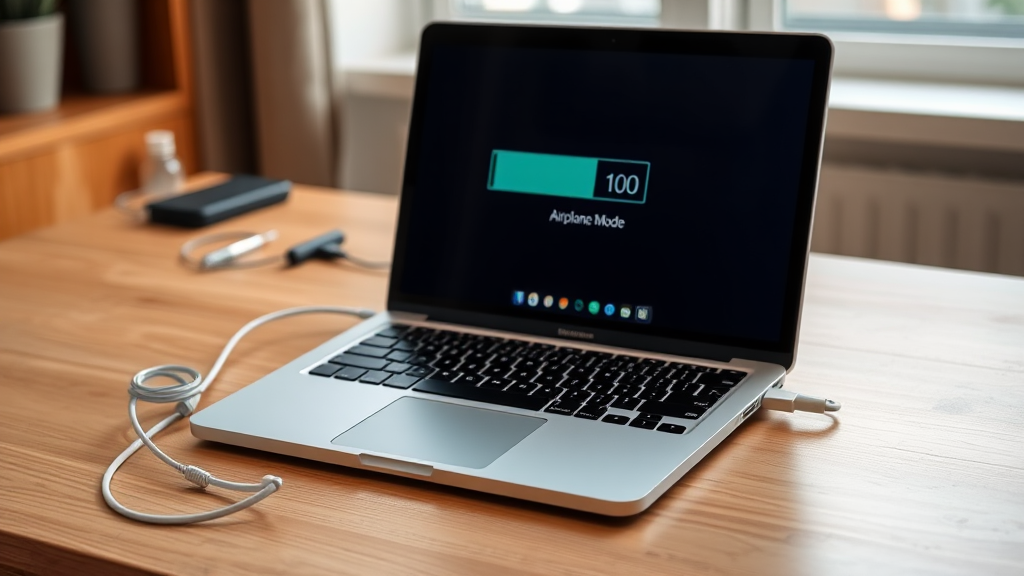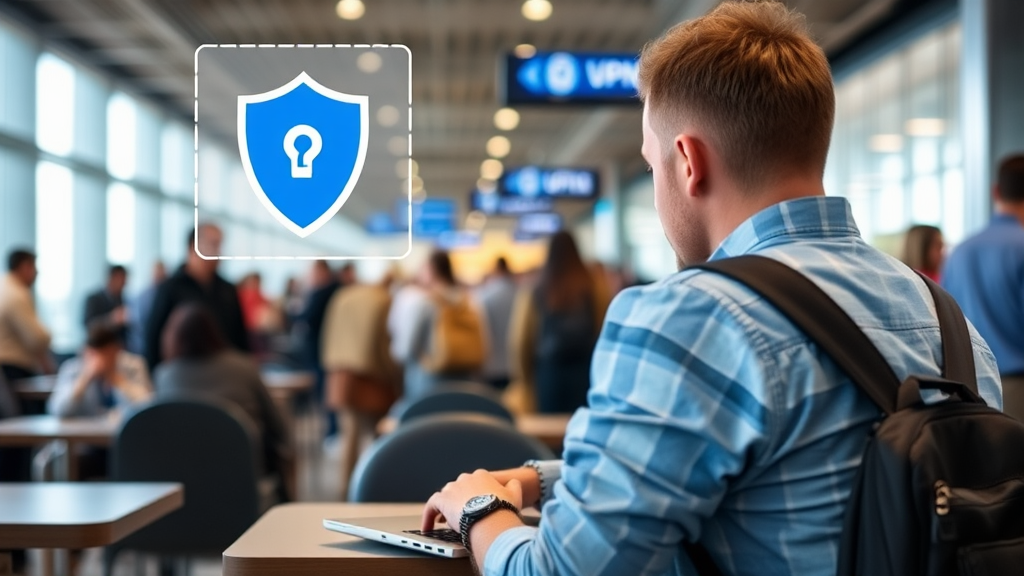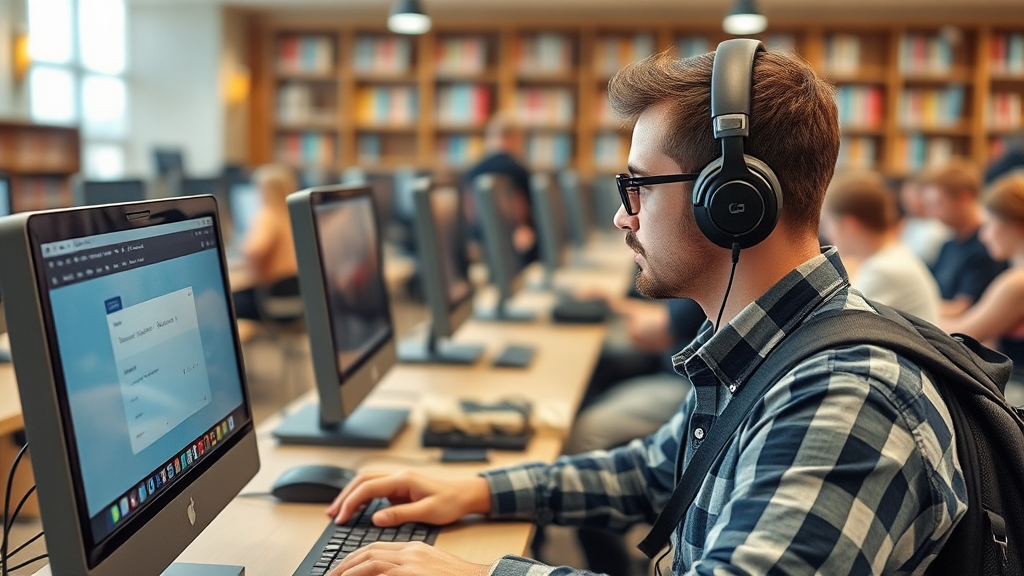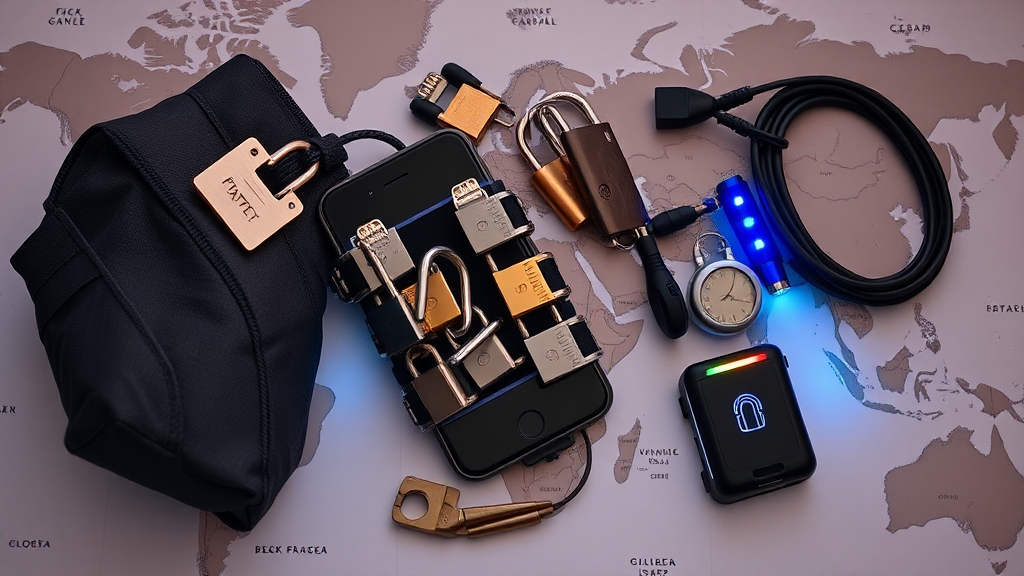Public computers can be a lifeline for travelers, but they also pose significant security risks. This guide offers practical tips to protect your personal information and maintain cybersecurity while using shared devices abroad.
Understanding the Risks of Public Computers
Public computers in hotels, libraries, and internet cafes are convenient but potentially dangerous. They may contain:
- Keyloggers: Software that records keystrokes, including passwords
- Malware: Viruses or spyware that can steal data
- Cached data: Previously saved information from other users
Awareness of these risks is the first step in protecting yourself.
Essential Precautions Before Using Public Computers
Take these steps before logging into any public device:
- Verify the computer’s security: Look for updated antivirus software
- Use a VPN: Install a trusted VPN service on your own device to use on public networks
- Avoid sensitive transactions: Don’t access banking or make online purchases
- Bring a clean USB drive: Use it to transfer files instead of saving them on the public computer
These precautions significantly reduce the risk of data theft.
Safe Browsing Practices on Public Computers
Follow these guidelines while using a shared device:
- Use incognito or private browsing mode: This prevents the browser from saving your history and cookies
- Clear browser data: Delete history, cache, and cookies after your session
- Log out of all accounts: Never leave any session open
- Watch for shoulder surfers: Be aware of people who might be looking at your screen
Safe browsing habits protect your digital footprint on shared devices.
Protecting Your Passwords and Personal Information
Safeguard your sensitive data with these strategies:
- Use a password manager: Access your passwords securely without typing them
- Enable two-factor authentication: Add an extra layer of security to your accounts
- Avoid saving passwords: Never allow the browser to remember your login information
- Use disposable email addresses: Create temporary emails for one-time uses
These methods keep your personal information secure even on untrusted devices.
Creating Strong and Unique Passwords
Password security is crucial when using public computers. Here’s how to create robust passwords:
- Use passphrases: Combine unrelated words for a memorable, secure password
- Mix character types: Include uppercase, lowercase, numbers, and symbols
- Avoid personal information: Don’t use birthdays, names, or addresses
- Use different passwords: Create unique passwords for each account
Strong passwords are your first line of defense against unauthorized access.
Securing Your Mobile Devices on Public Networks
Your smartphone or tablet can be vulnerable when connected to public Wi-Fi. Protect your devices with these steps:
- Turn off auto-connect: Prevent your device from joining unknown networks
- Use a mobile VPN: Encrypt your data traffic on public Wi-Fi
- Keep software updated: Install the latest security patches
- Enable remote wipe: Set up the ability to erase your device if it’s lost or stolen
These measures help safeguard your mobile devices from potential threats on public networks.
Alternatives to Public Computers
When possible, consider these safer alternatives to public computers:
- Personal laptop: Bring your own device with updated security software
- Smartphone hotspot: Use your phone’s data connection instead of public Wi-Fi
- Portable Wi-Fi device: Rent or purchase a secure, personal hotspot for travel
- Internet-enabled smartphones: Perform essential tasks on your personal mobile device
These options provide more control over your digital environment and reduce exposure to potential threats.
What to Do After Using a Public Computer
Take these precautions after your session on a public device:
- Change passwords: Update login credentials for any accounts accessed
- Monitor accounts: Check for any unusual activity or unauthorized access
- Scan personal devices: Run a malware scan if you transferred files
- Review bank statements: Look for any suspicious transactions
These post-usage steps help detect and mitigate potential security breaches.
Staying Safe in the Digital World While Traveling
Protecting your digital identity while traveling requires vigilance and proactive measures. By understanding the risks, taking precautions, and following safe browsing practices, you can significantly reduce the chances of falling victim to cybercrime.
Remember to:
- Use strong, unique passwords for all accounts
- Employ a VPN when connecting to public networks
- Consider alternatives to public computers when possible
- Stay alert and monitor your accounts for any suspicious activity
With these strategies, you can enjoy the convenience of staying connected while traveling without compromising your digital security.

